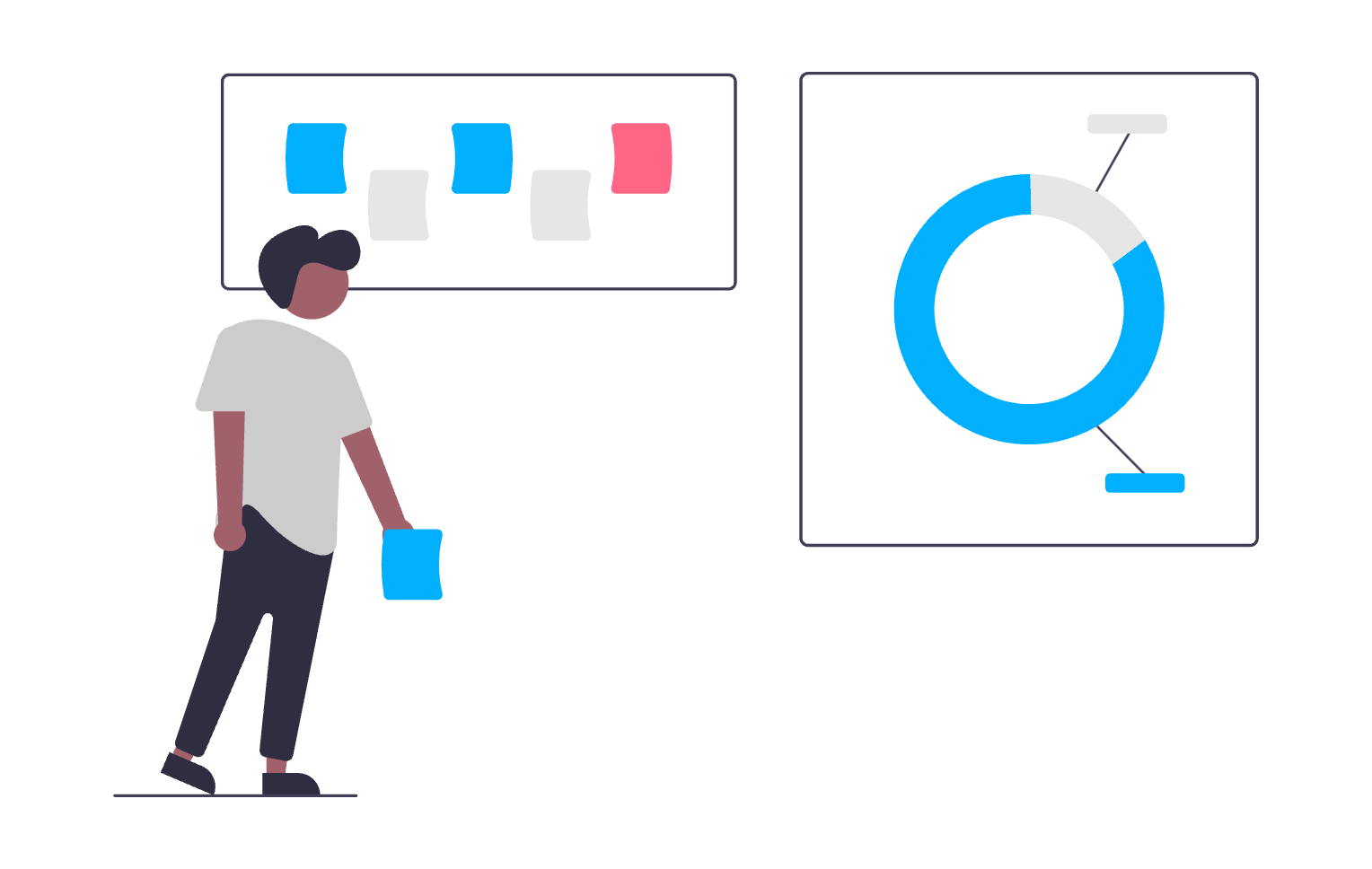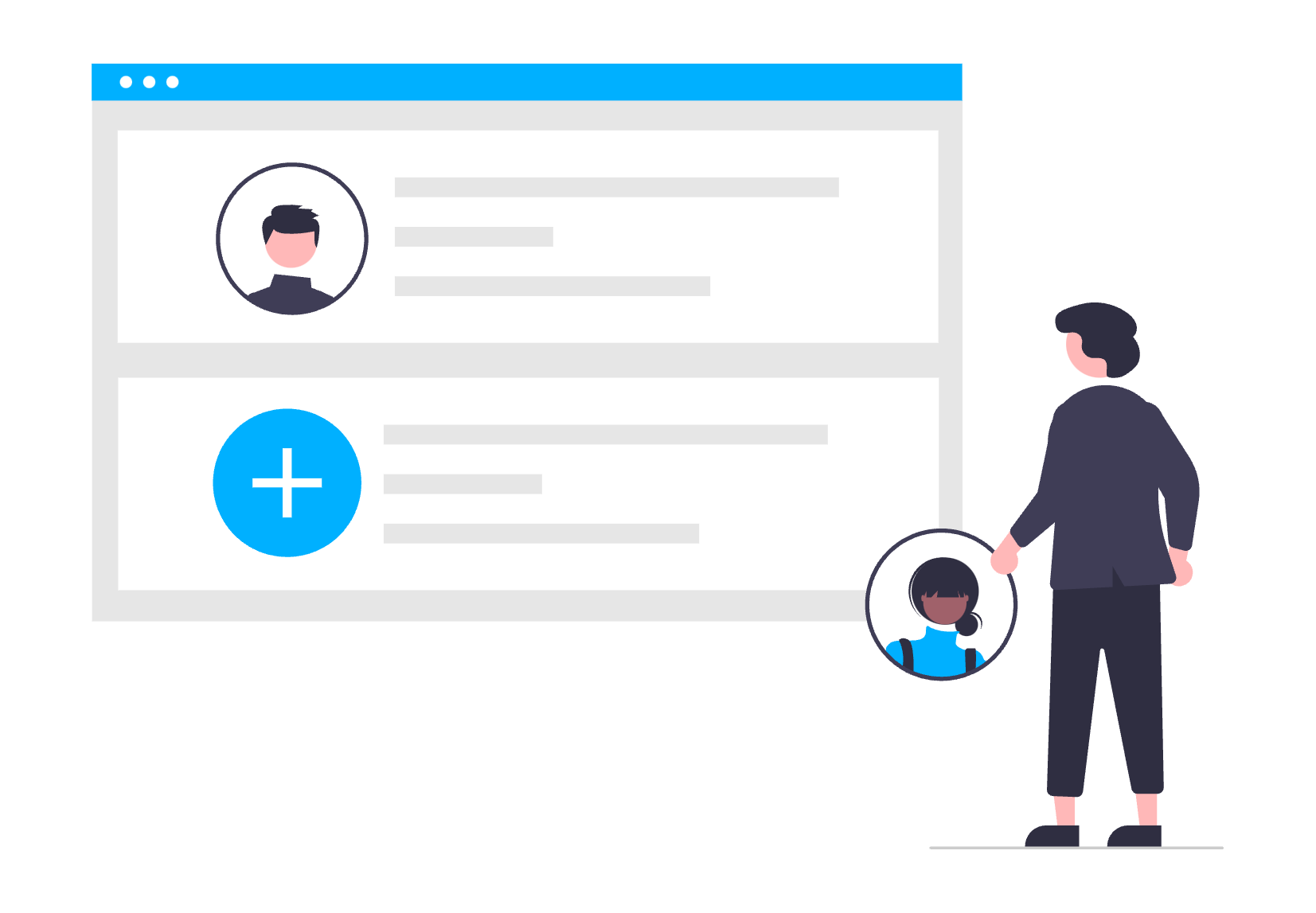ERPNext for the Services Industry
The services industry thrives on efficiency, collaboration, and customer satisfaction. Whether you're managing client projects, handling contracts, or optimizing billing, ERPNext provides a unified platform to streamline operations, reduce overhead, and enhance service delivery. Its cloud-based flexibility and real-time data access empower businesses to stay competitive and agile in a fast-paced market. With features like automated workflows, centralized communication, and seamless integration across departments, ERPNext ensures better coordination, improved resource utilization, and higher profitability for service-based businesses.

Effortless Project & Task Management
Track multiple projects, assign tasks, set deadlines, and monitor progress in real-time. With built-in time tracking, expense tracking, and resource allocation, teams can collaborate efficiently while ensuring timely project completion. Custom workflows and automated notifications keep stakeholders informed and on schedule.
Seamless Customer Relationship Management (CRM)
Manage client interactions from lead generation to contract renewal in one centralized system. Automate follow-ups, track service history, and personalize customer engagement to enhance satisfaction and retention. Integrated CRM tools ensure that no opportunity is missed, leading to increased conversions and stronger client relationships.


Optimized Billing, Invoicing & Financial Management
Generate automated invoices, track billable hours, and manage subscription-based services effortlessly. ERPNext’s accounting integration ensures accurate financial tracking, tax compliance, and seamless payment processing. Businesses can set up recurring invoices, automate reminders, and gain a clear financial overview for better decision-making.
Data-Driven Insights & Performance Analytics
Generate real-time reports on project costs, revenue, resource utilization, and customer trends. Advanced analytics provide businesses with actionable insights to optimize operations, improve profitability, and make data-backed decisions. With interactive dashboards and KPI tracking, companies can identify growth opportunities and address inefficiencies proactively.
